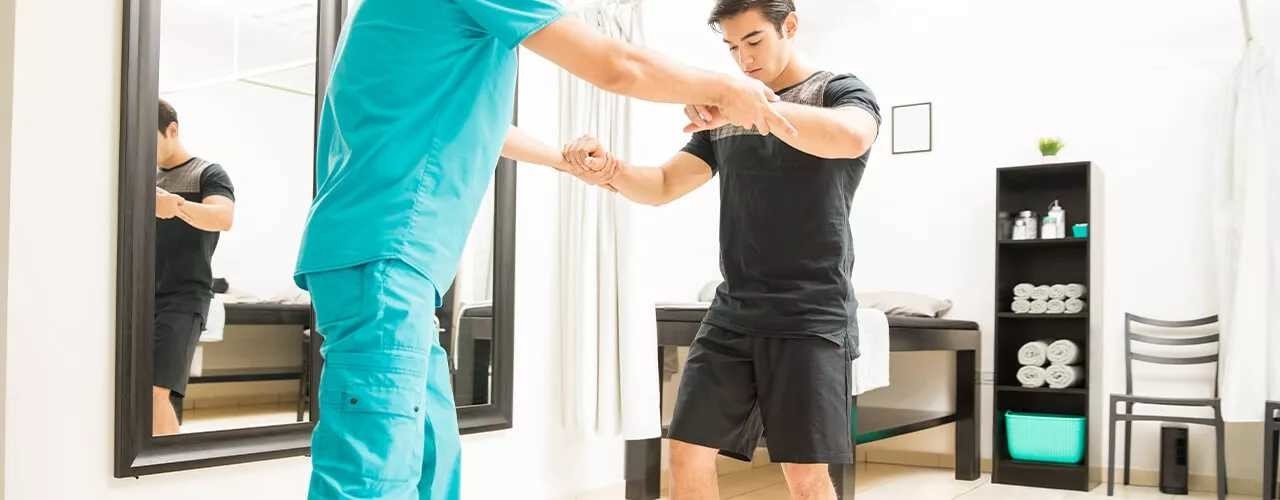
One of the most aggravating factors of vertigo has to do with the position of the head in reference to the body and your sense of the body within space. Things like quick head movement or extreme head moves can multiply your current symptoms and even cause an increase in symptoms, or cause secondary symptoms to emerge. This can also apply to neck movement or to the muscles of the neck region.
At Amped Physiotherapy near Ottawa, we provide vestibular therapy for our patients suffering from balance disorders. Balance disorders refer to a broad range of conditions, but they are all connected by the effect they have on the vestibular system, also known as inner ear disorders. Vestibular therapy, also referred to as vestibular rehabilitation, is conducted through a process of “adaptation and compensation.”
• Understand your limits – it’s important to know where your limits are and to appreciate what is safe and what is unsafe. This allows you to recognize potential hazards and take appropriate action.
• Set your limits – knowing your limits helps you avoid potentially hazardous situations. You can also make adjustments to your lifestyle to accommodate your symptoms. For example, you might consider taking public transportation rather than driving whenever possible.
• Overcome habituation – by experiencing your symptoms and gaining improved control over them, you’ll eventually begin to overcome feelings of motion sickness and daily life challenges.
• Improve brain plasticity – by making changes to central connections within your brain, you can help compensate for peripheral disturbances. If you’re suffering from vertigo, for instance, you can learn techniques to reduce the intensity of your symptoms.

(613) 822-9922

Monday - Thursday: 7:00am - 8:00pm
Friday: 7:00am - 6:00pm